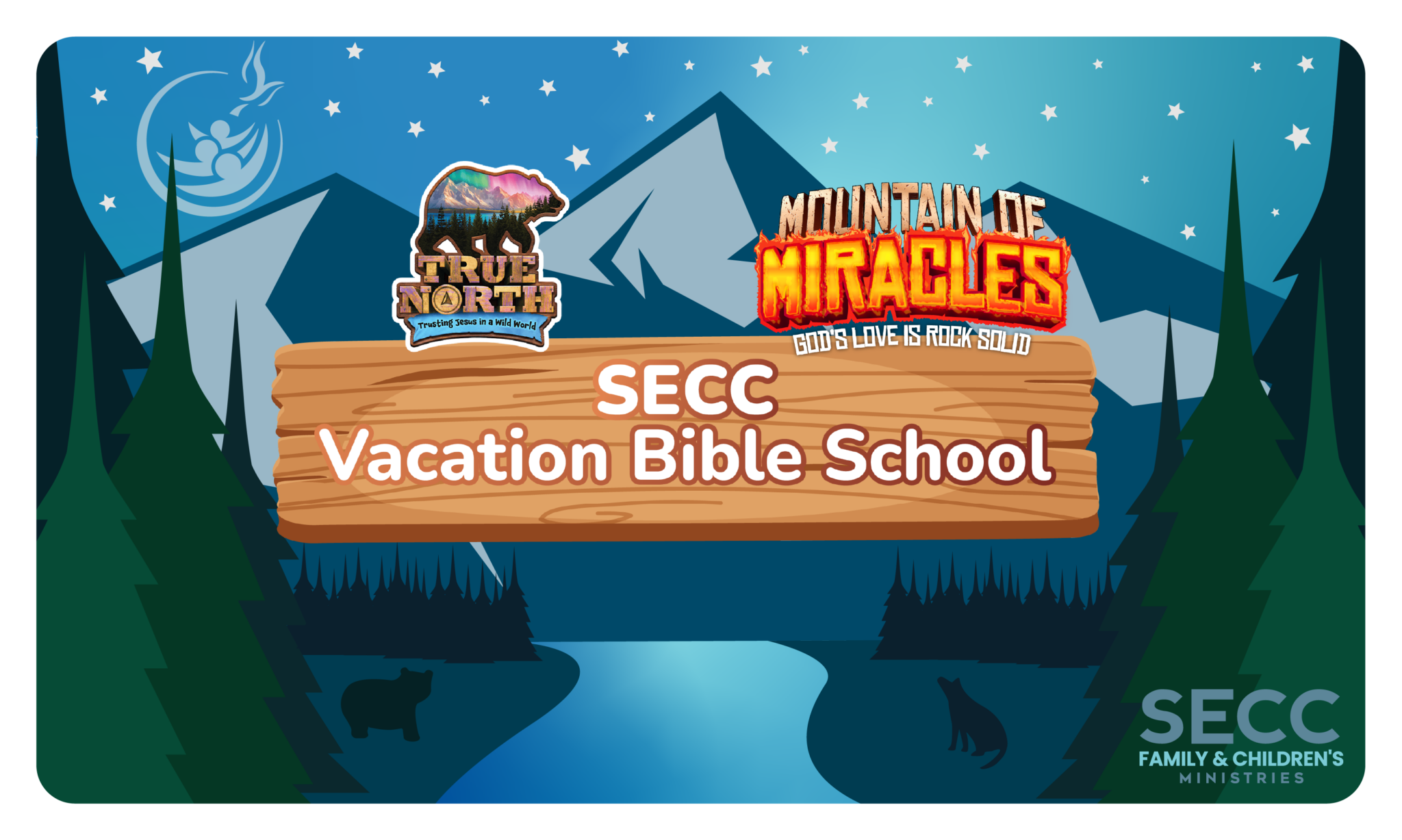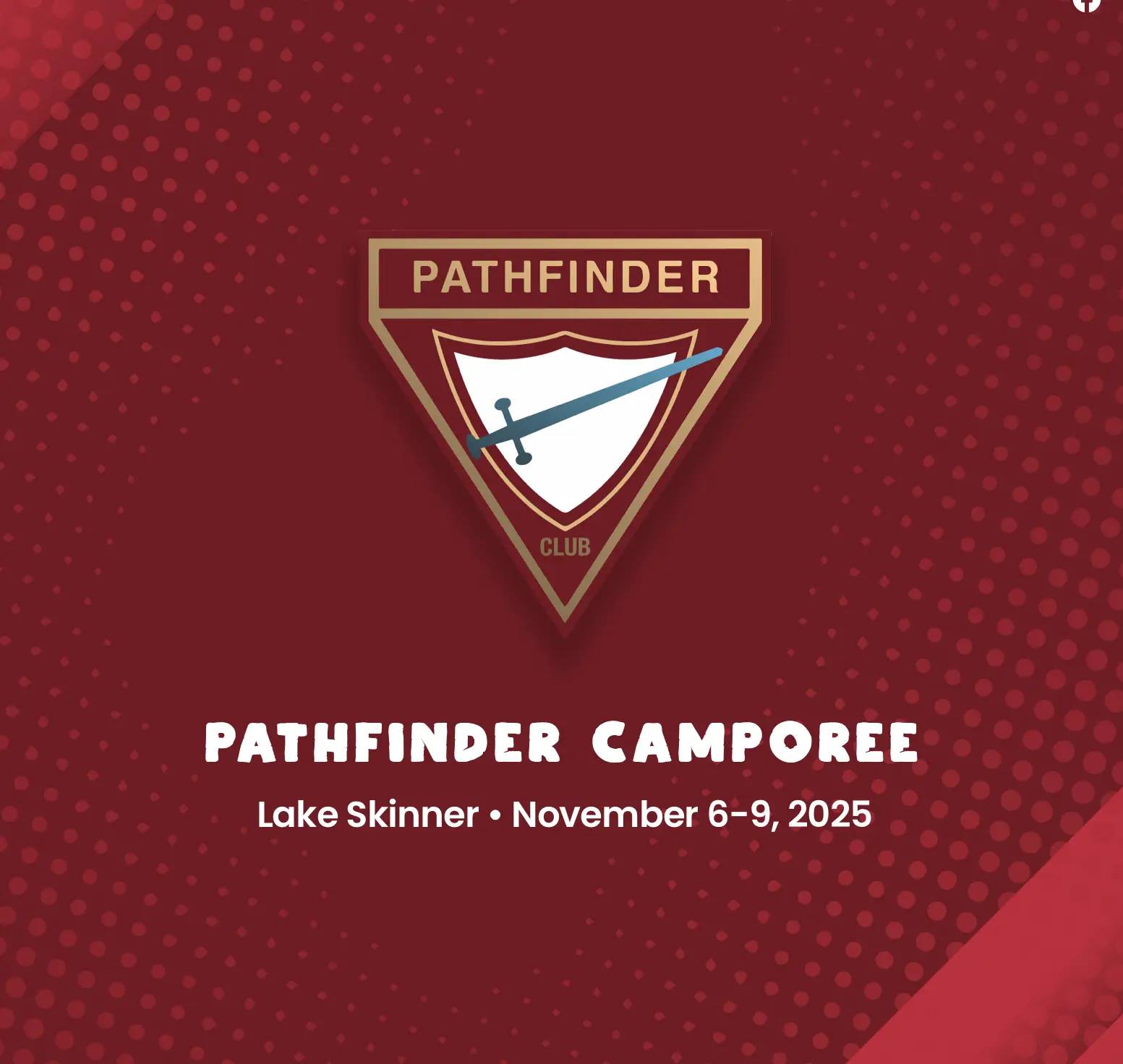As club leaders, you deal with minors on a regular basis, especially in situations where the parent or legal guardian is not accompanying the minor, and they cannot be contacted. Using consent to treatment forms allows you to do your job as a leader to make sure that every child is adequately taken care of in the event of an accident, illness, or injury.
Informed consent, as a legal construct, is a fancy way of saying that you give someone permission to do something. Issues of informed consent typically arise in a health care setting, where medical professionals are required to obtain approval from their patients before providing treatment. However, informed consent is required in many other situations, including church and school outings.
For a person to give valid informed consent, he or she must be provided with enough information to intelligently reason and plan a course of action including:
- A full disclosure of any critical facts,
- Knowledge of the risks and consequences,
- Existence of alternative methods and,
- Any other relevant details.
As informed consent requires this level of reasoning, specific groups of people cannot give valid permission such as persons with severe mental disorders, intoxicated persons, unconscious persons and, most importantly, minors.
Importance of Consent to Treatment Forms
Minors cannot legally provide informed consent for their own medical treatment, leaving the responsibility of consenting on their natural parent(s) or legal guardian(s).
Imagine you are a Pathfinder counselor taking your Pathfinders on a week-long trip to a local, national park for camping and education in nature. During the outing, one of your campers drinks contaminated water and becomes sick. You know that your next steps must be to notify both the Pathfinder director and the child’s parents. Despite multiple calls to the child’s parents, you are unable to make contact, and the child needs immediate medical care. What are you supposed to do?
The child cannot consent to medical care on their own because they are a minor. Even though you are the Pathfinder counselor, you cannot agree to medical care for the child because you are not their parent or legal guardian. If the child does not receive medical attention soon, their condition will get worse.
What could have been done to prevent this situation?
Instances like these are why consent to treatment forms are essential. As church leaders, educators, and ministers, you may deal with minors on a regular basis, especially in situations where the parent or legal guardian is not accompanying the minor, and they cannot be contacted. Using consent to treatment forms allows you to do your job as a leader to make sure that every child is adequately taken care of in the event of an accident, illness, or injury.
When is the Form Needed?
The form should be used any time the parents or legal guardians of a minor would be potentially unable to consent to medical treatment. These instances can encompass a variety of events including, but not limited to:
- Pathfinder | Adventurer club meetings
- Pathfinder | Adventurer day trips
- Pathfinder Camporees | Adventurer Campout
This list is not exhaustive but helps serve as a guide for your safety planning.
What Should the Form Include?
The form should include two sections: an authorization and consent section and a health information section.
The health information section should include the minor’s full legal name and date of birth, as well as their home address. It should also include pertinent medical information including medications the minor is taking, any allergies to food or medication, the minor’s immunization records, and health insurance information. This section could also include the minor’s blood type or primary care physician and dentist contact information. The parent or legal guardian should provide this information on the form and return it to the ministry leaders before the trip.
The authorization and consent section should include the names of the parent or legal guardian, the minor, and the church employee designated as the caregiver. A statement authorizing the caregiver to make health care decisions on behalf of the parent for the benefit of the minor should be part of the form. The parent or legal guardian should provide their signature as authorization.
The use of these forms is necessary because it helps you as a leader provide for the safety and health of every child in your care. With the information provided by these forms, the parents and guardians of the children in your care can rest assured knowing that their children will be well taken care of in the case of any incident.
SECC Youth Ministries has created a form for clubs to use for such purpose.











